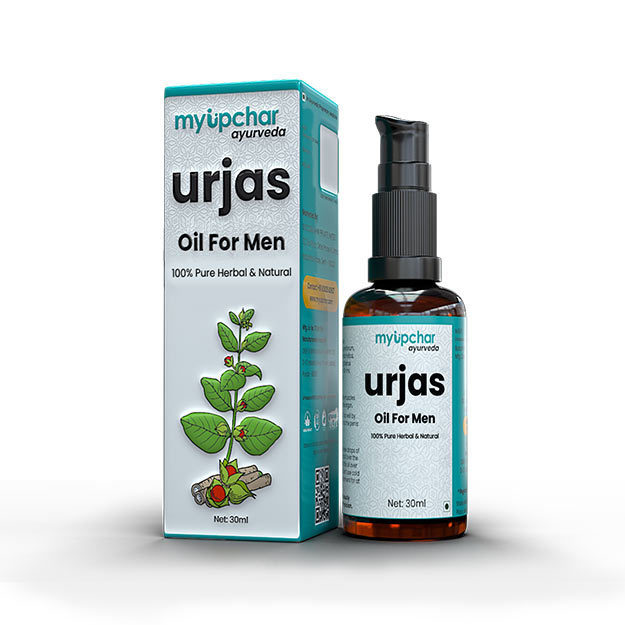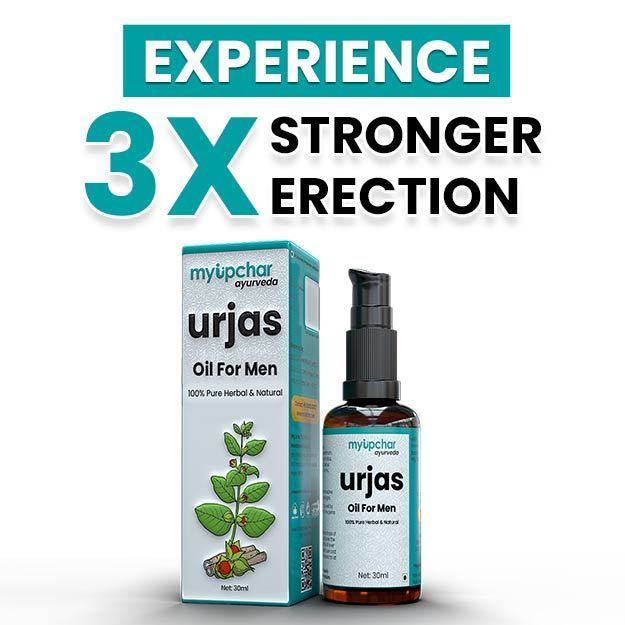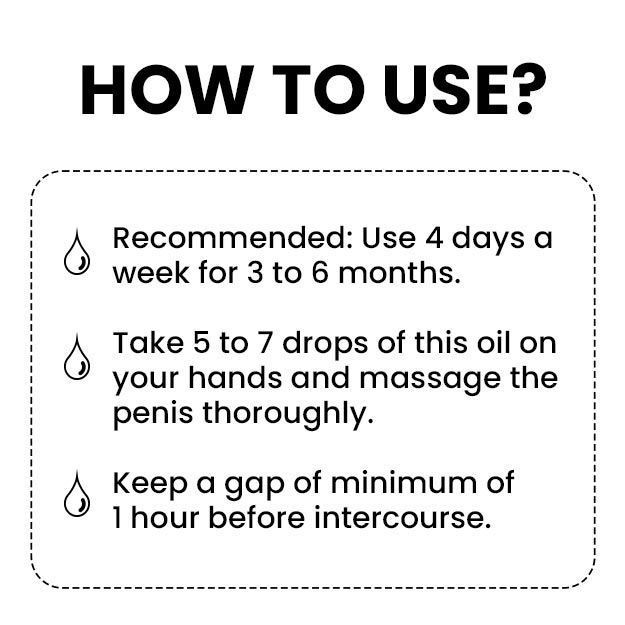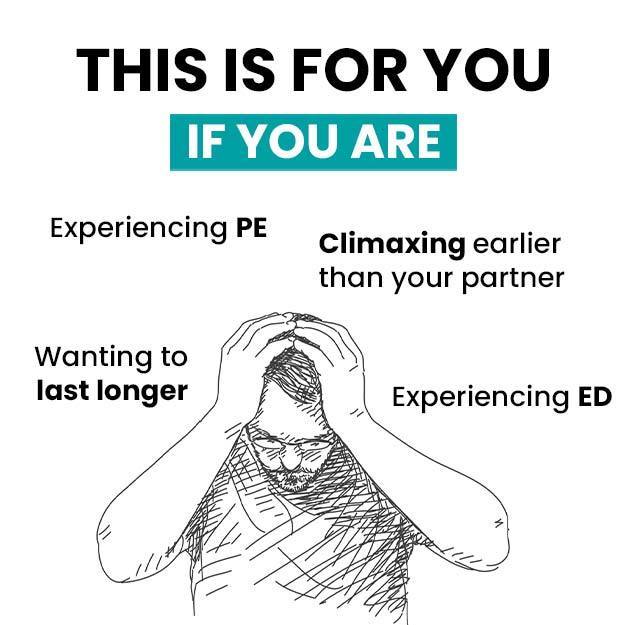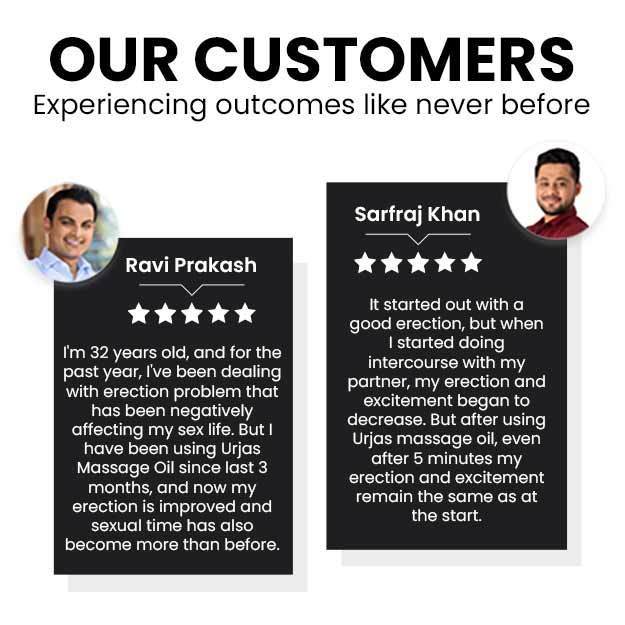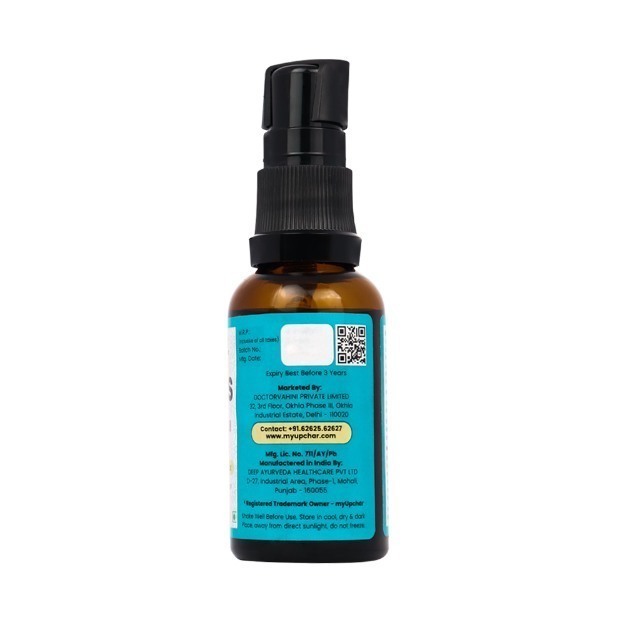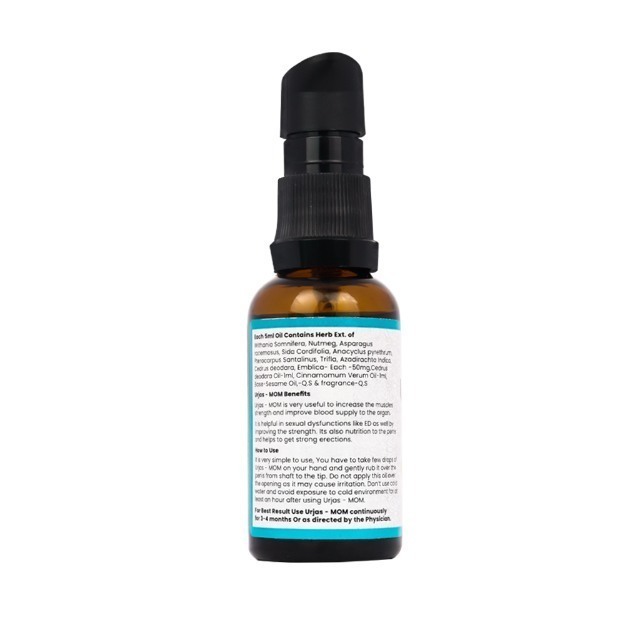Despite being one of the most sensual and exciting activities, foreplay is often misunderstood and underrated. Foreplay, also known as outercourse, is often simply understood as what happens before sex or an activity that leads to sex. Most people assume that foreplay is just a warm-up for the main attraction - sexual intercourse. However, there’s a lot more to foreplay than meets the eye and it could very easily become the main event instead of an opening act if done right.
Foreplay involves a number of small activities that stimulate both the body and the mind and get you ready for sex. Kissing, roleplay, talking dirty, touching, cuddling and simply gazing into each other’s eyes are all activities that help the release of hormones like oxytocin, serotonin and dopamine, which reduce stress and help you enjoy sex even more. Foreplay provides many benefits to people of all genders and sexualities and yet there are many misconceptions people tend to have about foreplay.
In this article, you will find out some of the most commonly used methods of foreplay, the benefits of foreplay, the ideal duration for foreplay and tips for foreplay.
To spend longer time in foreplay, use long time spray. Just one click to buy now.










